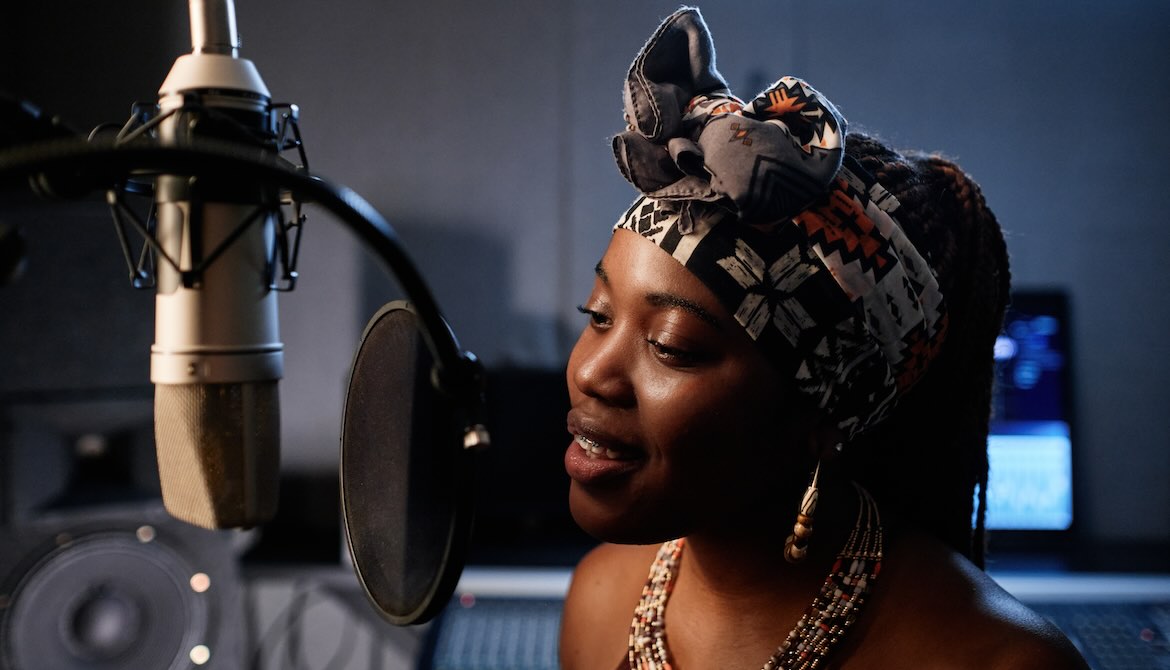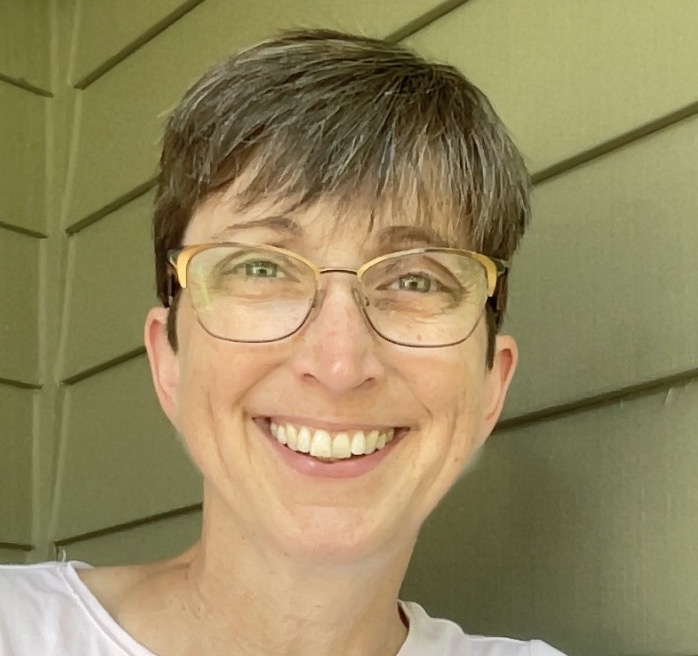5 minutes
Learning—including about diversity, equity and inclusion—is a lifelong endeavor.
Last January, I went to my first “Expressions of King’s Legacy,” the 41st annual event celebrating Martin Luther King Jr. at a local university.
I was incredibly excited to hear the keynote conversation with Nikole Hannah-Jones, who has among her many credits being the originator of the New York Times Magazine’s 1619 Project and author of the book, The 1619 Project: A New Origin Story.
According to The New York Times, “The 1619 Project is an ongoing initiative that began in August 2019, the 400th anniversary of the beginning of American slavery. It aims to reframe the country’s history by placing the consequences of slavery and the contributions of Black Americans at the very center of our national narrative.”
The book was a real eye-opener for me. I had never thought about history this way. And I learned even more about the awful and ongoing impact of slavery from hearing this award-winning journalist talk about it.
The event also deeply impressed on me how much more I have to learn. Before Hannah-Jones ever got to the stage, everyone in the large university field house rose to sing the Black national anthem.
What?! There’s a Black national anthem?!
And so I stood. And listened. And kept my mouth shut. And wondered about the fact that I didn’t know this hymn even existed, let alone the words and music.
How was this possible? I don’t share this often, but I was the valedictorian of my high school class. I have a master’s degree in journalism from Northwestern University. I have paid attention to education over the years. Yet I didn’t know there was a Black national anthem.
I took a tip from my friends at CU Pride. They say, when you mess up someone’s pronouns, say you’re sorry and move on to more learning.
Learning Begets Learning
I felt so sorry I didn’t know. I went home to keep learning. Between last January and this January, I read these books (that I recommend to you) and others:
- Heather McGhee’s The Sum of Us: What Racism Costs Everyone and How We Can Prosper Together
- Chad Sanders’ Black Magic: What Black Leaders Learned From Trauma and Triumph
- Isabel Wilkerson’s Caste: The Origins of Our Discontent
- Minda Hart’s The Memo: What Women of Color Need to Know to Secure a Seat at the Table
I also read Ibram X. Kendi’s How to Be An Anti-Racist, one of the 15 books the researcher has written. And so I was super excited to discover that Kendi, also a professor at Boston University and director of the BU Center for Anti-Racism Research, would be the honored guest this year at the 42nd annual Expressions of King’s Legacy event.
To prepare, I learned the music and a lot of the lyrics to the Black national anthem, “Lift Every Voice and Sing.” The hymn was written by National Association for the Advancement of Colored People leader James Weldon Johnson in 1900, set to music by James’ brother John Rosamond Johnson a few years later, and used as a rallying cry during the Civil Rights Movement of the 1950s and 1960s.
This year, the anthem was performed by talented artists rather than sung by all in attendance. But I’m still glad I learned it. I progressed in my knowledge. Plus, the stage was set for more learning as Kendi took questions from longtime Rochester, New York, TV anchor Janet Lomax.
Three Key Ideas From Kendi
I could go on and on about the amazing things Kendi said. But let me leave you with three big thoughts (plus one more) from his presentation.
- “Racist” is not an identity but a descriptor. People are not racists, per se, in Kendi’s way of thinking. But they may express racist ideas or take racist actions. Kendi emphasized that when we identify our racist tendencies, it's an opportunity to pivot and grow anti-racist ones. The anti-racist research that Kendi does focuses on how structures, systems and narratives create problems for people of color. In contrast, racist research asks, “What is wrong with these people that they are having X problem?”
- Talking about racism is the way forward. In particular, he said, we need to talk with young people about racist policies and norms “if we want to ensure that our young people do not assume that [they] have less in their communities because they are less—because that is the assumption if they're not taught about racist policies and practices.”
- Politics equals power. Kendi substituted “power” into the kinds of statements people make when they say they don’t want to vote or to be involved with politics. “I don't care about power.” “I don't do power.” “I don't want to be involved in power.” When people say these things, they’re giving up their freedom, he explained, encouraging audience members to stay engaged.
The ‘Plus One’ Idea and Next Steps for Learning About Diversity
The “plus one” big thought for me is from Kendi’s advice to the high school and college students in the audience—advice I think applies well to all of us: Be curious and learn all you can.
"The more curious I become, the more free I become because I realize I can't be controlled,” he said.
How will I continue my DEI learning journey before I make plans to go to the 43rd annual Expressions of King’s Legacy event next year? I’m going to do the following things based on Kendi’s talk. Please join me.
- Check out The Emanicipator. This is a new publication by the Center for Anti-Racism Research that harkens back to the anti-racism newspapers, such as Frederick Douglass’ The North Star, which helped to move the needle toward the end of slavery.
- Read more of Kendi’s books. My next DEI read will be Stamped From the Beginning: The Definitive History of Racist Ideas in America, which you can also consume in documentary form on Netflix. Notably, several of Kendi’s books have been banned, including Stamped From the Beginning. He said when that happens, he just writes more books. So, you should always have several titles to choose from.
- Watch “Skin in the Game” on ESPN. Reflecting Kendi’s love of sports and his early interest in being a sportswriter, this series focuses on how questions of race turn up in sports.
Lisa Hochgraf is senior editor with CUES.








